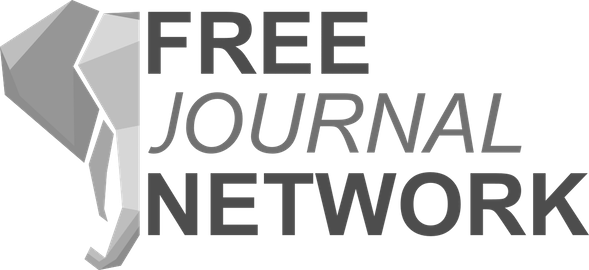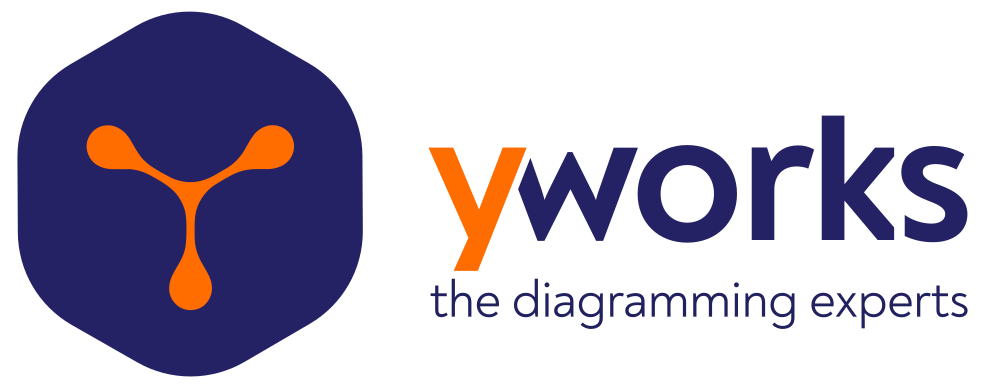About the Journal
Aims and Scope
The Journal of Graph Algorithms and Applications (JGAA) is a peer-reviewed scientific journal devoted to the publication of high-quality research papers on the analysis, design, implementation, and applications of graph algorithms. JGAA is supported by distinguished advisory and editorial boards, has high scientific standards and is distributed in electronic form. JGAA is a diamond open access journal that charges no author fees. It is member of the Free Journal Network (FJN) and listed in DOAJ. Also, JGAA is indexed by DBLP and Scopus.
Topics of interest for JGAA include but are not limited to:
- Design and analysis of graph algorithms: exact and approximation graph algorithms; centralized and distributed graph algorithms; static and dynamic graph algorithms; internal- and external-memory graph algorithms; sequential and parallel graph algorithms; deterministic and randomized graph algorithms.
- Experiences with graph and network algorithms: animations; experimentations; implementations.
- Applications of graph and network algorithms: biomedical informatics; computational biology; computational geometry; computer graphics; computer-aided design; computer and interconnection networks; constraint systems; databases; economic networks; graph drawing; graph embedding and layout; knowledge representation; multimedia; social networks; software engineering; telecommunication networks; user interfaces and visualization; VLSI circuits.
The electronic edition of JGAA is hosted by the Web server of the Department of Computer Science at Brown University. The electronic format allows the authors to add various useful appendices to their articles after publication, including corrections, implementations, multimedia animations, conference presentations, examples, and extended bibliographies.
Volumes 1-8 of JGAA have been published in a series of books through a partnership with World Scientific Publishing Co Pte Ltd.
Open access policy
JGAA adopts a diamond OA policy, which means that there are no charges for either our readers or our authors.
Copyright and licensing
Authors publishing with JGAA retain copyright and grant the journal right of first publication with the work simultaneously licensed under a Creative Commons Attribution License (CC BY 4.0). This allows unrestricted use, distribution and reproduction in any medium, provided that the original authors and source are properly cited.
Peer review process
When a new submission is received, the journal makes a preliminary assessment, at the end of which a paper may be either assigned to an editor or rejected. A paper may be rejected at the end of the assessment when it is evaluated as being (partly or fully) out of scope, or below the journal standards, or of marginal interest for our readers, or insufficiently original, or with serious scientific flaws, or poorly written. When a paper is assigned to an editor it is subject to a peer review process. At the end of a first round of reviewing, the editor makes an editorial decision which may be 'reject', 'major revisions are needed', 'minor revisions are needed', or 'accept in its current form'. When revisions are needed, the authors are required to submit a revised version together with a detailed reply letter that explains the changes to the original submission. After a second reviewing round, a final editorial decision about the paper is made by the JGAA editor, although in some cases a third round of reviewing may take place. Typically, referees are asked to complete the first round in eight weeks, although some papers may require longer reviewing times. In rare cases it may be impossible to find qualified experts who are prepared to review a submission. An unsuccessful search may take weeks or months. Such a manuscript will be rejected and the author informed of the situation.
Referees are asked to evaluate whether a JGAA submission:
- Is original and of sufficient weight and interest
- Is sound and valid
- Fits the scope of JGAA
- Is clearly presented
- Correctly references previous relevant work
- Has the potential to stimulate further research
JGAA aims at publishing a limited number of carefully selected papers per year. The average quality of the research papers that JGAA is interested in publishing should be comparable with that of papers that appear in conferences and journals with high international rankings. In particular, presenting results that are new and correct is not in itself sufficient for publication in JGAA.
Publication ethics
JGAA follows the COPE Code of Conduct (2008). The journal is committed to preserving integrity, building trust in credible research, and promoting the principles of academic freedom and editorial independence. We expect the authors submitting to JGAA to be familiar with the COPE.
This journal employs single blind review, where the referee remains anonymous throughout the process. Our editors and referees are supposed to treat submitted papers with high confidentiality. They are not supposed to distribute papers under review, or use them for their own research.
Editors and Referees are required to discuss with the Editor-in-chief any conflict of interest in connection with the manuscript, authors, biases or competing interests.
All authors must disclose any financial and personal relationships with other people or organizations that could inappropriately influence (bias) their work. Examples of potential conflicts of interest include employment, consultancies, stock ownership, honoraria, paid expert testimony, patent applications/registrations, and grants or other funding.







